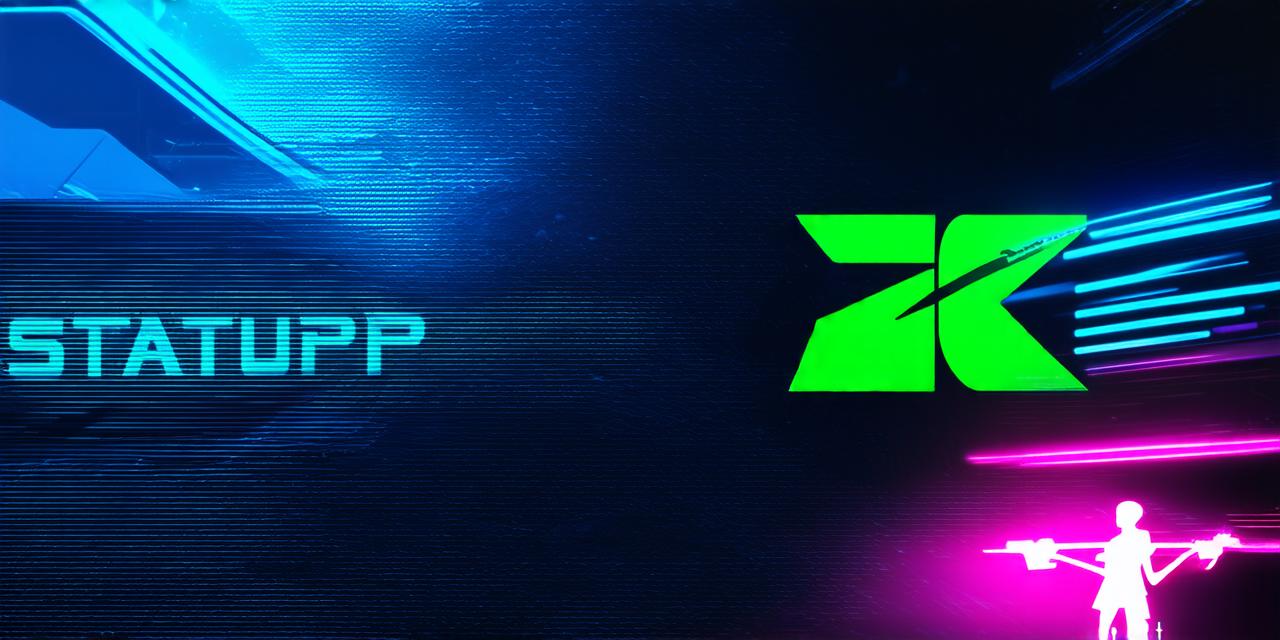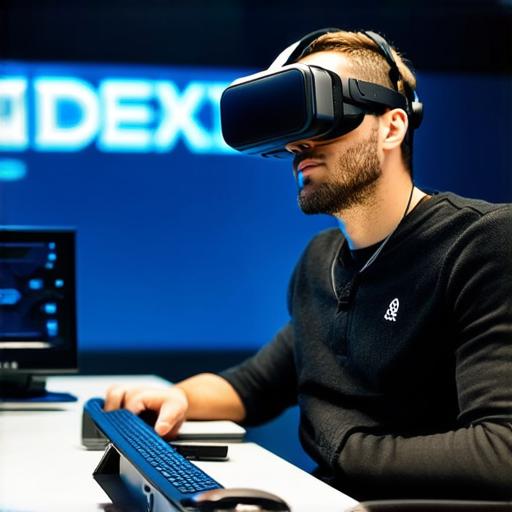
What is the startup cost for a virtual reality business?
Virtual reality (VR) technology is rapidly gaining popularity across a wide range of industries. From gaming and entertainment to education, healthcare, and training, VR has the potential to revolutionize the way we interact with digital content. For entrepreneurs looking to capitalize on this exciting technology, launching a VR business can be an attractive opportunity. However, before diving in, it’s important to understand the startup costs involved in setting up a virtual reality business.
1. Hardware Costs
The first and most significant factor in launching a VR business is the hardware required to create immersive digital experiences. While VR technology has come a long way, high-quality equipment can still be expensive. The cost of VR headsets, sensors, controllers, and other peripherals can vary widely depending on the quality and specifications.
- Oculus Quest 2: $299
- HTC Vive Pro Eye: $1499
- Sony PlayStation 5 with PSVR Headset: $499 (with additional accessories)
In addition to hardware costs, you may also need specialized software and tools to develop and test your VR applications. This can include game engines like Unity or Unreal Engine, as well as development tools such as motion capture systems and 3D modeling software. The cost of these tools will depend on the complexity of your project and whether you plan to outsource the development process.
2. Space Costs
Virtual reality experiences require a significant amount of space, which can be a challenge for entrepreneurs looking to launch a VR business on a shoestring budget. You may need to rent commercial space specifically designed for VR applications, or even convert an existing building into a VR studio. The cost of space will depend on the size and location of your business, as well as the amenities included in the lease agreement.
3. Marketing Costs
Marketing is critical for any new business, and launching a VR business is no exception. You will need to develop a marketing strategy that effectively communicates the value of your product or service to potential customers. This may include online advertising, social media campaigns, content marketing, and public relations efforts. The cost of these marketing strategies can vary widely depending on the channels you choose and the target audience you are trying to reach.
4. Staffing Costs
Virtual reality businesses require a range of skilled professionals, including software developers, 3D artists, designers, and technical support staff. Depending on the size and scope of your business, you may need to hire full-time or part-time employees, or even outsource certain tasks to freelancers. The cost of staffing will depend on the level of expertise required for each position and the salaries offered in your area.
5. Legal and Regulatory Costs
Launching a VR business also requires compliance with various legal and regulatory requirements, such as obtaining necessary permits, registering your business, and complying with data protection regulations. The cost of these fees and services can vary depending on the jurisdiction in which you are operating.
Managing Your Startup Costs Effectively

While the startup costs for a VR business can be significant, there are several strategies that entrepreneurs can use to manage their expenses effectively. These include:
- Conducting thorough market research to identify the most promising opportunities and target audience for your product or service.
- Outsourcing certain tasks, such as software development or marketing, to reduce costs and increase efficiency.
- Seeking out funding from investors or applying for grants and loans to help cover startup costs.
- Using cloud-based solutions and open-source software whenever possible to reduce hardware and software expenses.
- Focusing on creating a minimum viable product (MVP) that can be tested and refined with user feedback before investing in more advanced features and technology.


